Current Recipients
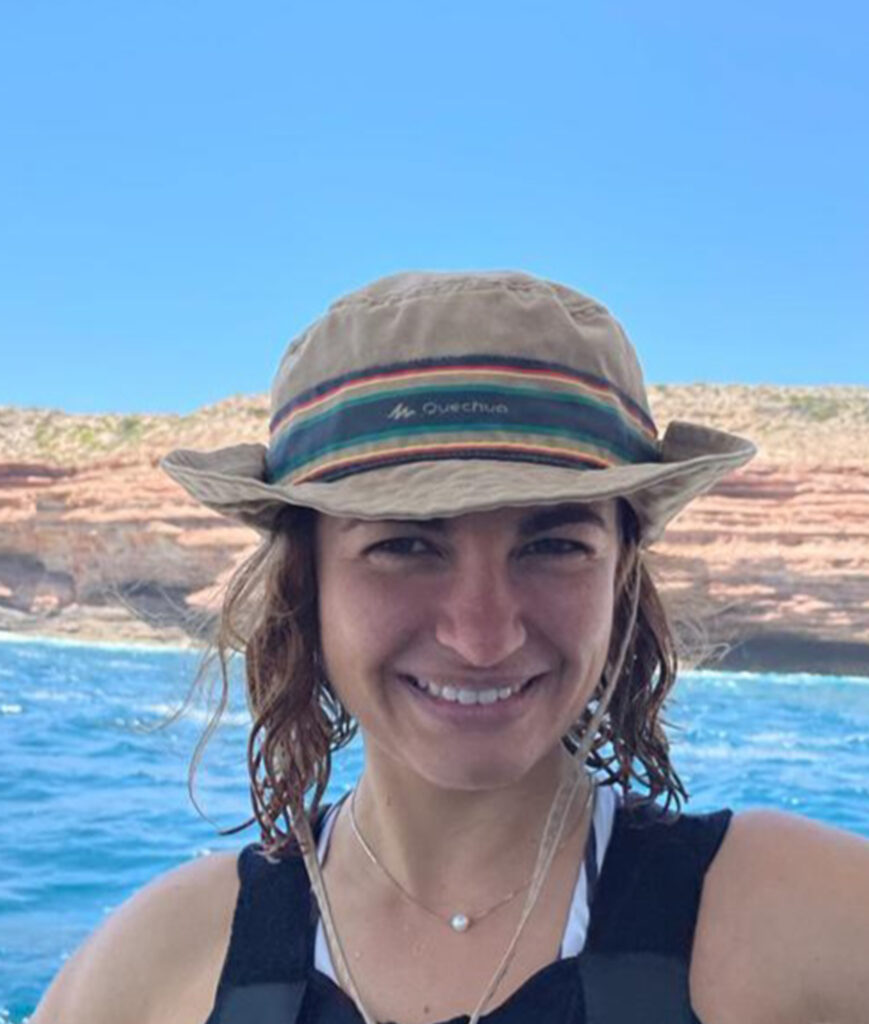
Océane ATTLAN (UWA)
Temperate Marine Ecosystems Under Tropicalisation: An Insight Of Species Redistributions And Ecological Function Changes Along The Western Australia Coastline.
Océane is a dedicated PhD candidate at The University of Western Australia, driven by a passion for unravelling the intricacies of marine ecosystems. She completed a Master of Marine Science in 2020 at the University of Reunion Island, researching the health status of the habitat where tropical fish reside.
Subsequently, she embarked on another exciting research project on seagrass microbiome supervised by scientists from CSIRO in Perth. Océane is currently combining my personal interest in marine ecology, her professional skills in diving and skippering activities and my academic expertise to complete a PhD focused on temporal and spatial changes in community structure in Western Australia’s temperate reefs.
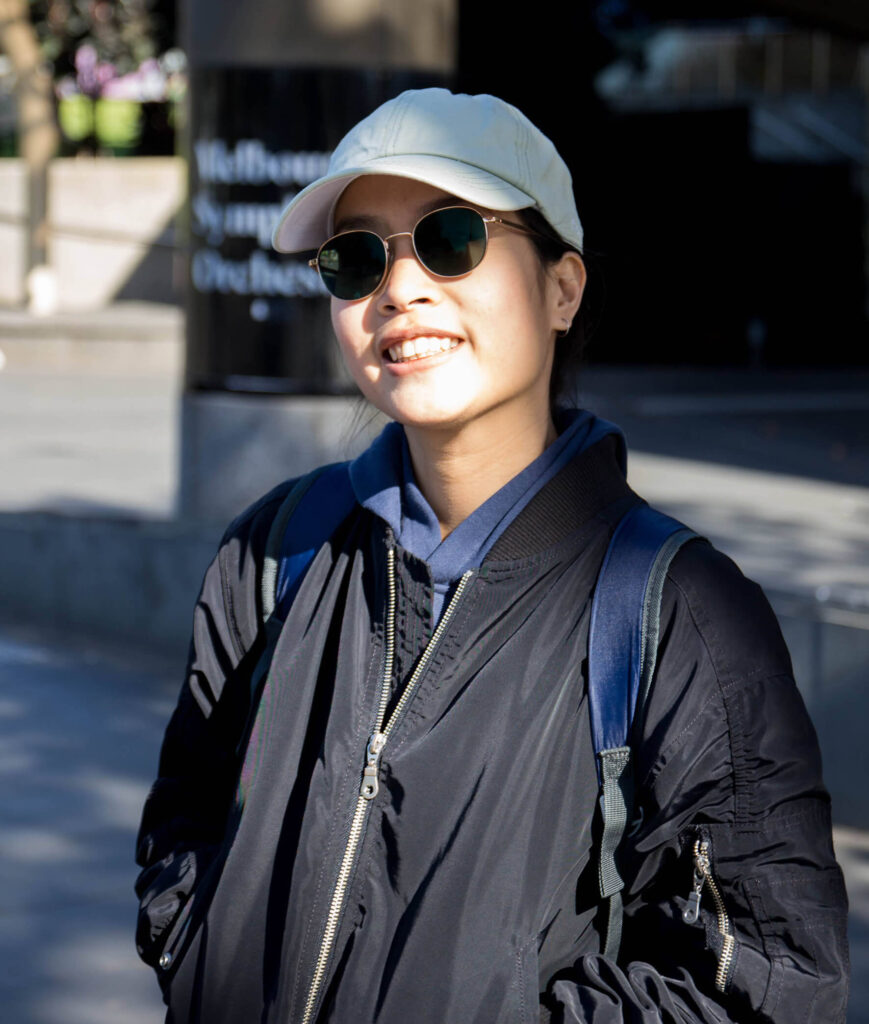
Faith CHEN (Murdoch)
Comparing methods for monitoring feral cats.
Faith Chen is currently a PhD student at Murdoch University and her thesis is about the refinement of current methods for feral cat monitoring. She is passionate about the protection of Wildlife. Since moving to Australia for her undergraduate studies, she has learnt about the status of Australia’s biodiversity and the impacts of introduced predators and desires to make meaningful and applicable contributions through her research.
This grant will contribute to her thesis in comparing the use of images and genetic tools (faecal DNA and hair DNA) to individually identify feral cats in a population in the Southern Rangelands.

Abdulla Alson ATHIF (UWA)
Radioactive Legacy from Nuclear Weapons Testing at the Montebello Islands, Western Australia.
Alson Athif is a Coastal Engineer and second-year PhD candidate at the University of Western Australia. He has a B.Eng degree in Civil Engineering from UNSW, Australia and a MSc Degree in Coastal Engineering & Port Development from IHE Delft, Netherlands. Alson’s PhD project, funded by UWA and CSIRO, is focused on studying the effects of different benthic cover on waves and the extent to which remote sensing can be used to generate spatially varying roughness maps to help improve coastal wave models

Alexander EVES (UWA)
Petrogenesis and metallogenic significance of the Speewah Deposit – a world-class Ti-V deposit and associated PGE+Au reef hosted within the Hart-Carson Large Igneous Province, North Australian Craton.
Alex is a geologist with 30 years’ experience in the Western Australian resources sector, working in both exploration and production roles across iron ore, gold, base metals, mineral sands, diamonds and some specialty commodities. Alex is currently undertaking a PhD project on the Speewah Ti-V Deposit – a world-class mineral system located in the East Kimberley Region of Western Australia where he was involved in the early development phase of the project.
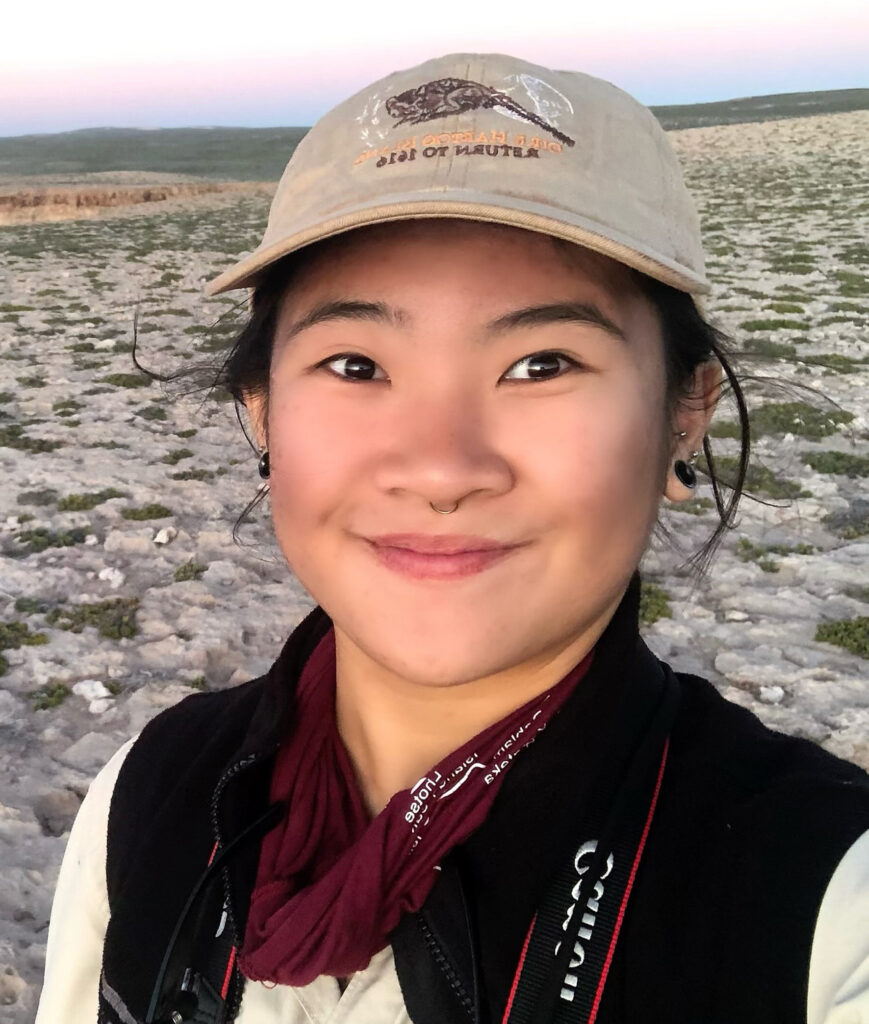
Rebecca QUAH (ECU)
Improving translocation success for Gilbert’s potoroo (Potorous gilbertii): Dietary and habitat complexities impact.
Rebecca is a wildlife ecologist working in the research and consulting industry with a passion for vertebrate fauna, translocations, ecological restoration and molecular biology. She is currently undertaking a PhD at Edith Cowan University looking at the conservation of Gilbert’s potoroo (ngilgyte, Potorous gilbertii).
She also attained a Master of Biological Science at the University of Western Australia where she incorporated genetics into population models to inform translocation decisions for the Shark Bay mouse (djoongari, Pseudomys gouldii) as part of the Dirk Hartog Island Project ‘Return to 1616’. Prior to that, she completed a Bachelor of Science at Murdoch University.
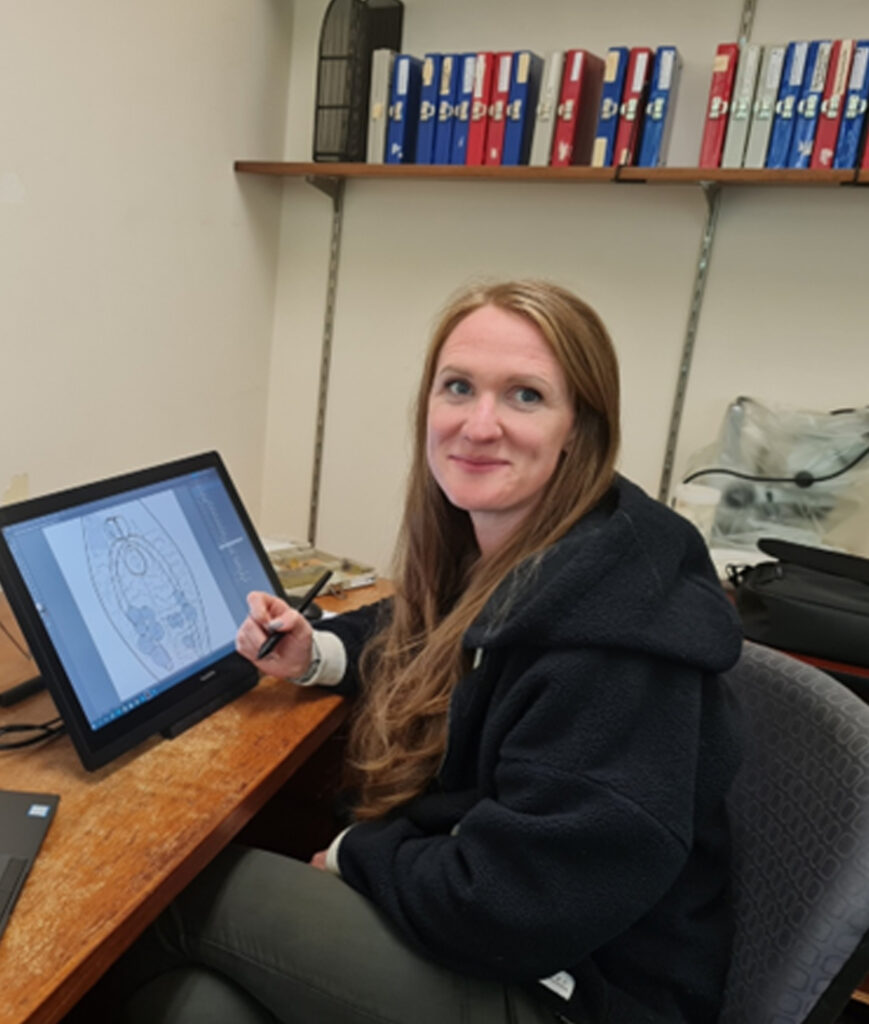
Helen ARMSTRONG (Murdoch)
Taxonomy, Systematics, Biodiversity and Biogeography of the Cryptogonimidae (Platyhelminthes: Trematoda) in Australian Marine Fishes.
As an avid diver Helens interest in the marine environment led her to a PhD position in Marine Parasitology. Her PhD focusses on taxonomy, systematics, and biogeography of the Cryptogonimidae, a family of trematode flatworms.
Her field work extends through the Indian Ocean region and aims to resolve questions of crytogonimid distribution in the region. Using molecular testing combined with morphological information she is able to describe new species and clarify systematic inconsistencies within the family.
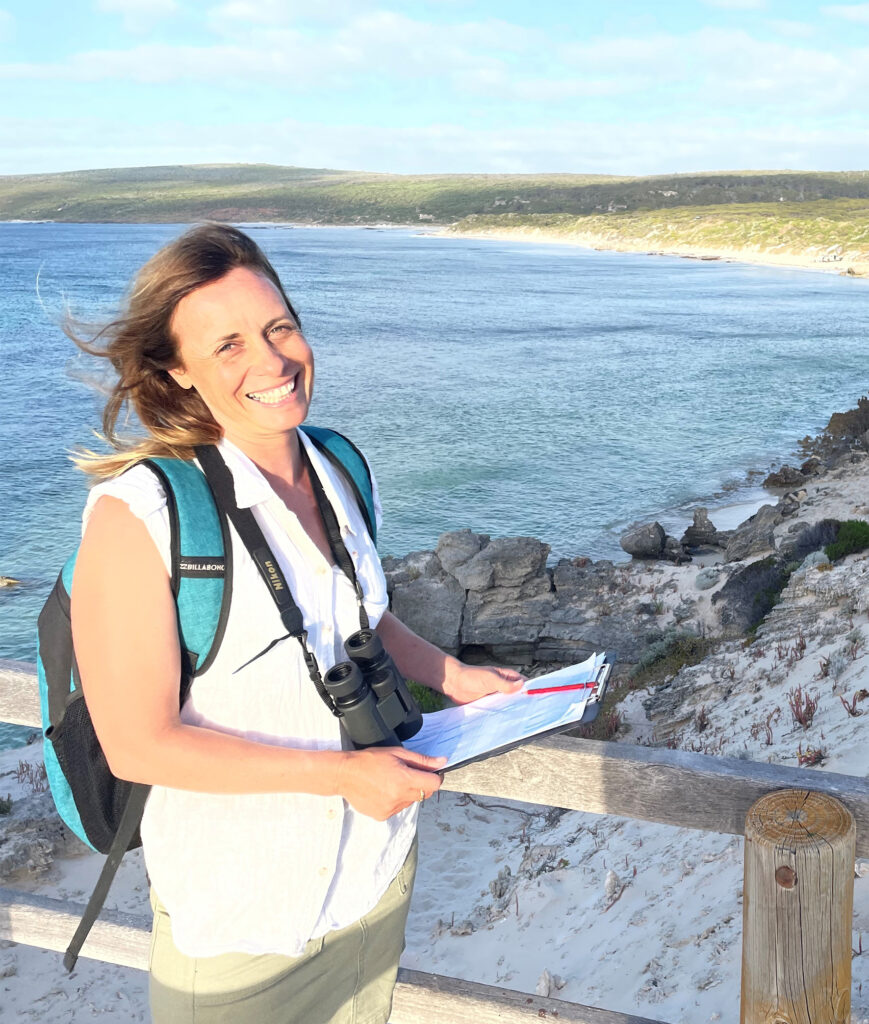
Kirrily HASTINGS (ECU)
Finding space: Breeding territory abandonment in Western Hooded Plover in association with human use of beaches and altered habitat quality.
Kirrily has worked as an environmental scientist in the southwest of WA for 25 years and is interested in research that supports management-focused conservation. She has worked in a diverse range of government and consulting roles, with a focus on coastal waterways, private land conservation, and management of terrestrial and marine conservation areas.
Kirrily’s research will compare human use, food resources and dune characteristics at occupied and abandoned breeding territories of the Western Hooded Plover in the Cape Naturaliste to Cape Leeuwin coastline, where there is a history of breeding territory abandonment with unknown cause.
